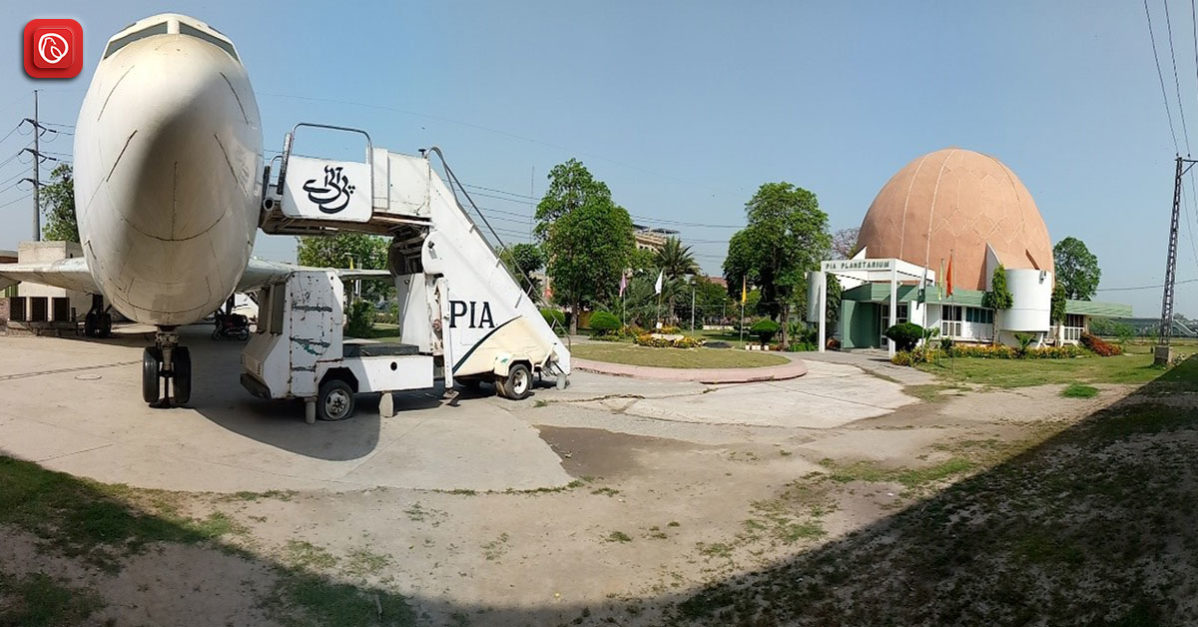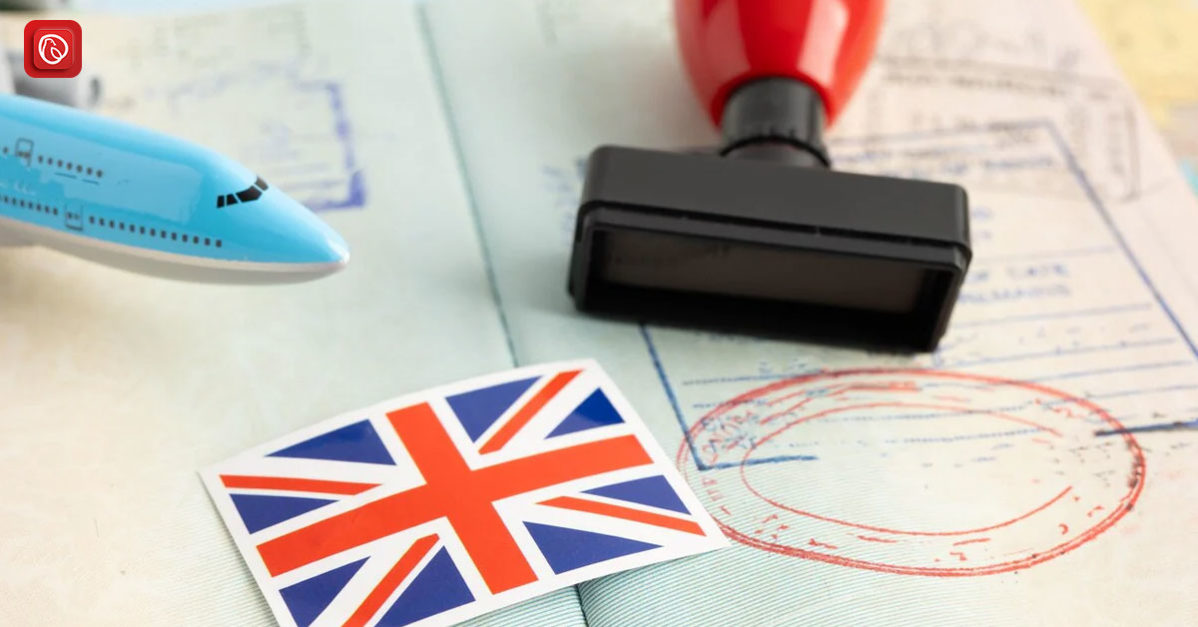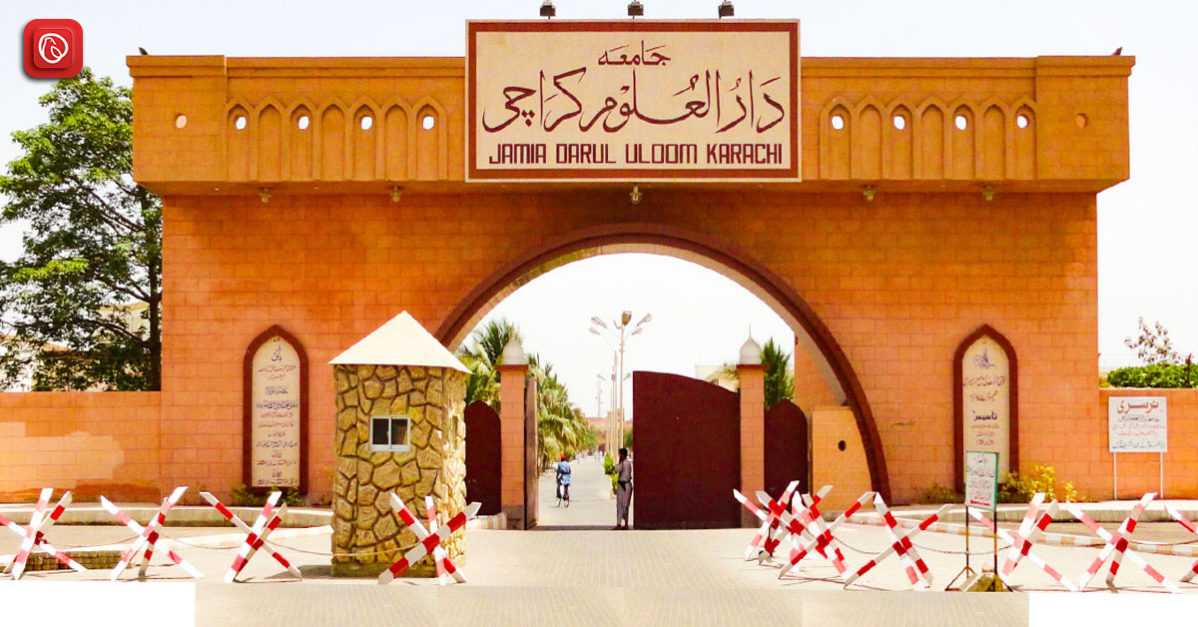The PIA Planetarium in Lahore is one of the most fascinating spots for astronomy enthusiasts, students, and tourists interested in exploring the universe through technology. This blog by Graana.com will explore the history, features, and educational significance of the PIA Planetarium, as well as its contribution to promoting interest in space and science among the public.
History of PIA Planetarium, Lahore
The PIA was behind the idea to start PIA Planetarium in the early 1980s. Marking a unique step in combining education with public entertainment. Located in the centre of Lahore, the planetarium was built to give residents of the city and tourists a place where they could immerse themselves in the wonders of space and astronomical phenomena. The Lahore Planetarium established to boost the awareness among people about aviation and space exploration.
The planetarium has been an integral part of Lahore’s educational and cultural landscape for over three decades. The history of this establishment reflects Pakistan’s ongoing interest in space and scientific education, allowing the younger generation to get a glimpse into the vast cosmos beyond our planet.
The Structure and Design of the Planetarium
The PIA Planetarium in Lahore is located at Charing Cross, a central and easily accessible area of the city. The building has a dome-like structure, characteristic of planetariums, which houses a projection system that recreates the celestial phenomena. This iconic dome is the defining architectural feature of the planetarium, as it serves as a screen for projecting the night sky and constellations.
The design of the planetarium is built around the concept of offering an immersive experience to visitors. The auditorium-style seating ensures that each viewer can enjoy an unobstructed view of the sky projections, which creates a sense of being transported into space.
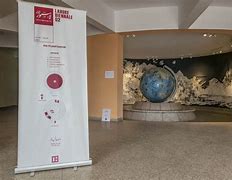
Main Features of the PIA Planetarium
Let’s discuss the main features of it:
Celestial Shows
The planetarium is known for its daily shows where visitors can experience virtual tours of the cosmos. These shows are projected onto the dome and are narrated by experts, taking the audience on a journey through the stars, planets, and galaxies. The visuals and sound effects combine to make these shows an educational yet entertaining experience.
Astronomical Simulations
The planetarium’s state-of-the-art projection system simulates astronomical events such as eclipses, planetary movements, and meteor showers. These simulations are popular among students as they provide a visually appealing understanding of space science.
PIA Aircraft Model
One of the most intriguing features of the planetarium is the retired Boeing 720B aircraft placed outside the main building. This aircraft was part of the PIA fleet but is now a static exhibit. Visitors can board the plane, where they are shown documentaries on space exploration, aviation history, and Pakistan’s space-related achievements.
Interactive Exhibits
The planetarium includes interactive displays that provide information about different celestial objects and space missions. These displays are designed to engage younger audiences, offering fun learning experiences through quizzes, games, and models.
Educational Importance
The PIA Planetarium is not just an attraction for tourists. It plays a significant role in the educational development of students in Lahore. Schools and colleges often organise field trips to the planetarium. It allows students to learn about astronomy, space exploration, and the physics behind celestial phenomena.
With Pakistan’s growing interest in space science, driven by organisations such as SUPARCO (Space & Upper Atmosphere Research Commission), the planetarium acts as a supplementary educational tool, sparking interest in scientific careers. It also plays an essential role in introducing the concept of space science to younger students, fostering curiosity and interest in the mysteries of the universe.
Role in Promoting Space Science
Over the years, the PIA Planetarium has hosted many workshops and lectures by astronomers and scientists. These types of events attract the interest of students and space enthusiasts. It provides deeper insights into the field of space science. Such activities make the planetarium a significant contributor to promoting space science in Pakistan.
In addition to the lectures, the planetarium has also participated in various national events, such as World Space Week. These events encourage public participation and promote awareness of the latest developments in space research.
Challenges and Decline
While the PIA Planetarium started with a lot of promise, it has faced its fair share of challenges over the years. One of the main issues has been the lack of consistent upgrades to its technology. The projection system, while advanced for its time, is now outdated compared to modern planetariums worldwide, which use cutting-edge digital technology for clearer and more dynamic shows.
Additionally, the maintenance of the facility has not been up to the standard required to keep it functioning smoothly. Due to this, visitor numbers have declined over the years, with fewer people visiting for educational or recreational purposes.
However, there has been increasing public pressure on authorities to revitalize the planetarium. Many feel that with Pakistan’s growing interest in space exploration, thanks to organizations like SUPARCO and global developments in space science, the planetarium deserves a new lease on life.
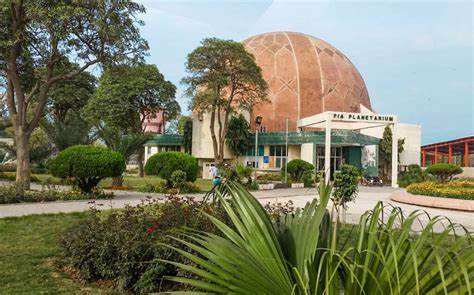
Future Potential
PIA Planetarium has vast potential to regain its status as a premier educational and tourist site in Lahore. With the right investments and technological upgrades, the planetarium can become a space education hub again. Modern projection systems, updated content, and regular public outreach programs could attract new visitors.
Revitalization plans could also include collaborations with international space organizations, providing access to the latest discoveries and developments in space research. By doing so, the planetarium could inspire future generations of Pakistan’s scientists, engineers, and space enthusiasts.
Proposed Upgrades
Let’s discuss the proposed upgrades:
Digital Projection Systems
By upgrading to digital projectors, the planetarium can enhance the clarity and accuracy of its shows, making the astronomical simulations more realistic and engaging for the audience.
Expanded Exhibits
The planetarium can expand its range of interactive exhibits, incorporating virtual reality (VR) technology to create immersive space travel experiences. This would attract students and general visitors who are curious about space exploration.
Collaborations with Educational Institutions
Partnering with universities and scientific organisations could bring fresh content to the planetarium. With lectures from renowned astronomers and live streaming of space missions from NASA, ESA, and other space agencies.
Conclusion
The PIA Planetarium in Lahore has been an important educational and cultural institution since its inception. While it has faced challenges in recent years, it still holds the potential to be a leading venue for space education in Pakistan. With appropriate investment and modernisation, the planetarium could once again become a must-visit destination for those passionate about space, science, and education.
Frequently Asked Questions
Related FAQs
What is the PIA Planetarium?
The PIA Planetarium is an educational facility in Lahore, offering astronomical shows and exhibits on space exploration. PIA was behind the concept of this planetarium.
Where is the PIA Planetarium located?
The PIA Planetarium is located at Charing Cross, a central part of Lahore.
What can visitors expect at the planetarium?
Visitors can experience celestial shows and interactive displays and board a retired Boeing aircraft to watch space-related documentaries.
Is the planetarium still operational?
Yes, though it has seen a decline in visitor numbers and faces challenges related to outdated technology, it still remains open to the public.
How can the planetarium be improved?
The planetarium could benefit from technological upgrades, expanded exhibits, and stronger collaborations with educational institutions. It can attract more visitors and improve its educational offerings.
Follow Graana blog for more details.
